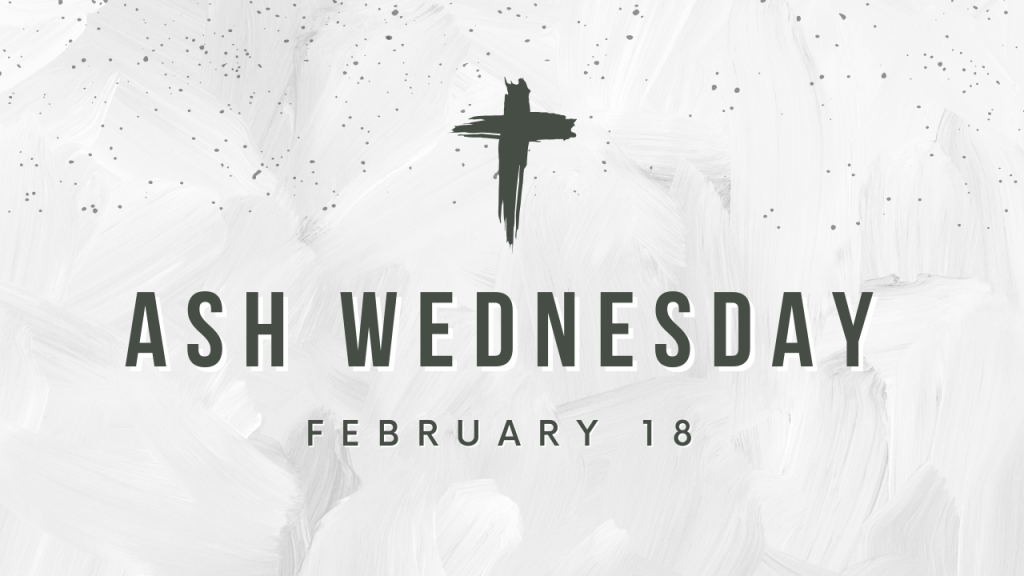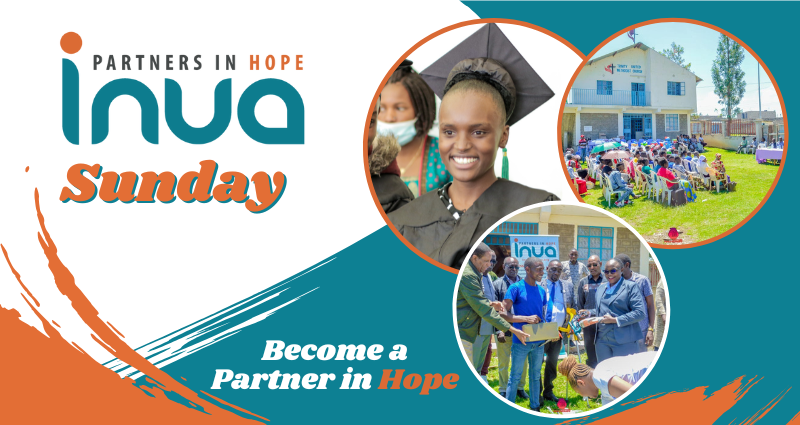I don’t know about you, but Sunday’s sermon on Fasting was very eye-opening. I too must admit that fasting is not a regular practice for me either except for during the season of Lent. I have always been of the understanding that fasting was a practice that was about denial and giving something up, and I have not had the discipline to do this consistently. However, as we explored a new way of understanding the practice of fasting during worship, I began to feel the weight of this opportunity more.
As a reminder, Pastor David laid out four reasons why fasting should be a part of our faith practice.
It creates a deeper connection with God
Fasting is an invaluable teacher that allows for appreciation about our abundance
Fasting teaches us about our values, priorities, and motivations
This practice is most effective when fasting from becomes fasting to
What I would like to dive into more this day is how we move into a deeper appreciation for our abundance. We are a blessed people. We have more than we could ever need or want. We have been given so much and I am constantly surprised by God’s goodness toward me. One of the lessons I will forever remember from my time in seminary is that “Jesus came to comfort the afflicted and to afflict the comfortable.” To afflict is to affect or trouble, or to distress so severely and I would label myself as one that is comfortable. I know that in comparison to the rest of the world, life is pretty good for me, and if you are reading this on your phone or IPad, in a heated home, maybe while you are enjoying a cup of coffee, I would say that life is pretty good for you too. Is it wrong to be comfortable and have an easy life, no, not at all. But our lives of comfort and convenience can lead to an off-balanced perspective. If we grow too comfortable, we can easily forget how grateful we are for the abundance in our lives.
I believe that the practice of fasting helps recalibrate our off-balanced perspective. Maybe it is because I have traveled extensively or served on mission trips early in life but I feel like I am constantly fighting the battle of excessiveness. I see it when I walk into my children’s play-room and see more toys and playdoh and costumes than anyone should ever have. I see it in my refrigerator when we don’t eat all of our leftovers and we throw away food that ends up forgotten about and wasted. I see it in my closet with the extra shoes and the pairs of jeans in many colors and styles. And this is just my home, my family, my world…what about yours?
What can fasting teach us, as a blessed and wealthy community about our abundance? Remembering that fasting is not about guilt; it isn’t practiced to create shame about the fact that we have more and spend more than a lot of other communities. But it is to realign our priorities and values around people and not things. I am having this conversation with my children constantly about the importance of people over toys and sharing over stubborn ownership. We talk a lot about thankfulness and not asking for more. We start struggling with this as children and it continues in us throughout adulthood. At some point in all of our comfortable lives we begin to assume that our comfortableness is owed to us and this endangers our appreciation of God’s abundance toward us.
And so I invite you into this space with me as I am repenting of the excessiveness in my own life not to wallow in guilt but to step out of my bubble and thank God for all that I have been given. Would you join me in this space?
What can you be thankful for this week that you have in excess and what can you fast from? I have been giving thought since Sunday as to how I might fast this next month from something like caffeine, or extra shopping. And how I might move from the denial phase of what I used to think fasting was into the blessing phase of what it actually is. For instance, can I use the excess food I have in my fridge to make a meal for a family in need or for a colleague at work? Or how can I use the time that I normally spend online shopping instead to write an encouraging note to a friend or reading my Bible. These are just a few examples of how you might apply a practical implication from Sunday’s sermon on Fasting this week.
In the end it isn’t about what you give up or even what you take on; it is the position of your heart. It is in the daily and hourly acknowledgement of the goodness of God and the abundance of resources, support, and opportunities we have all been given. What might the Holy Spirit be speaking into your heart this week?












